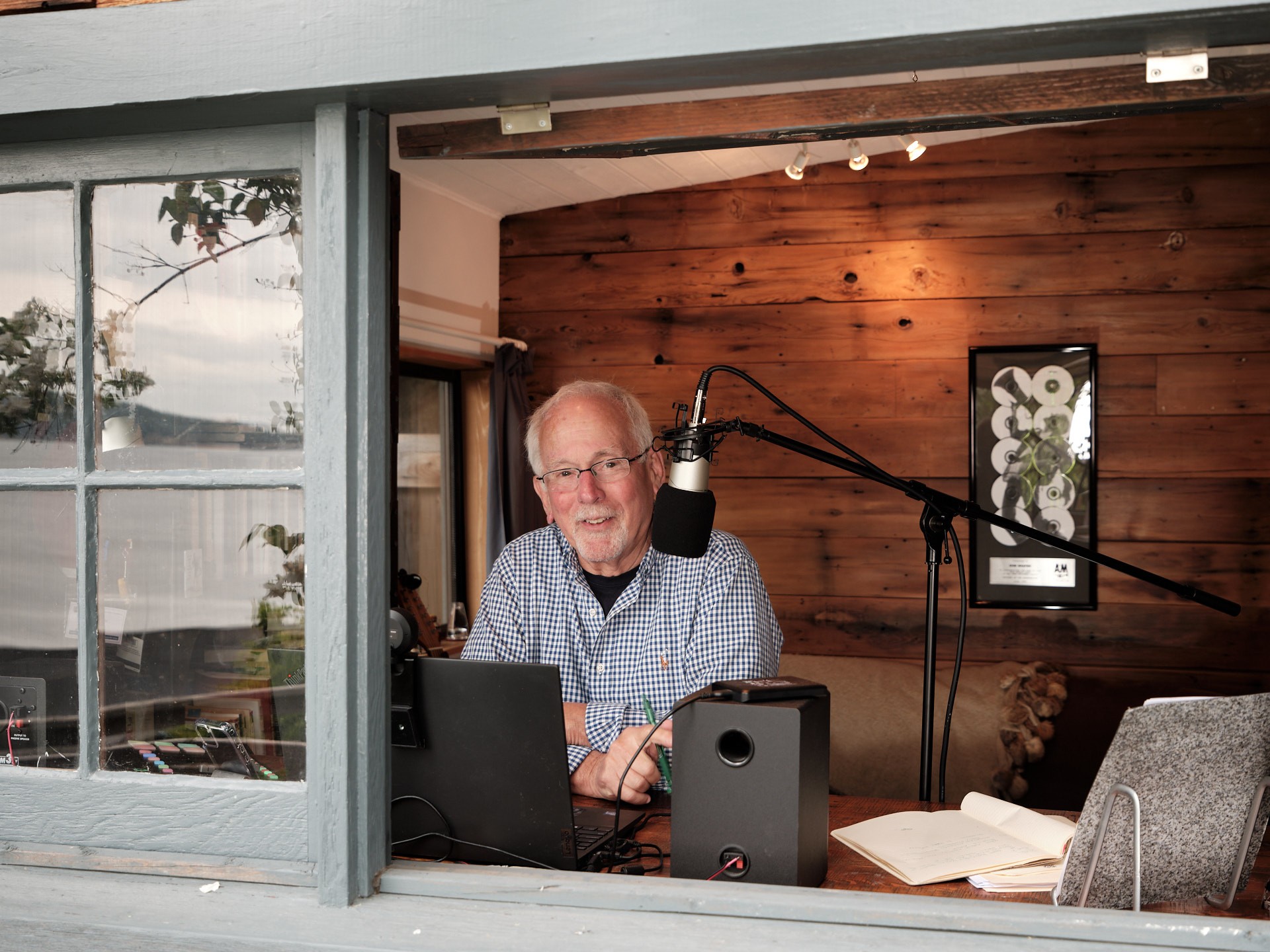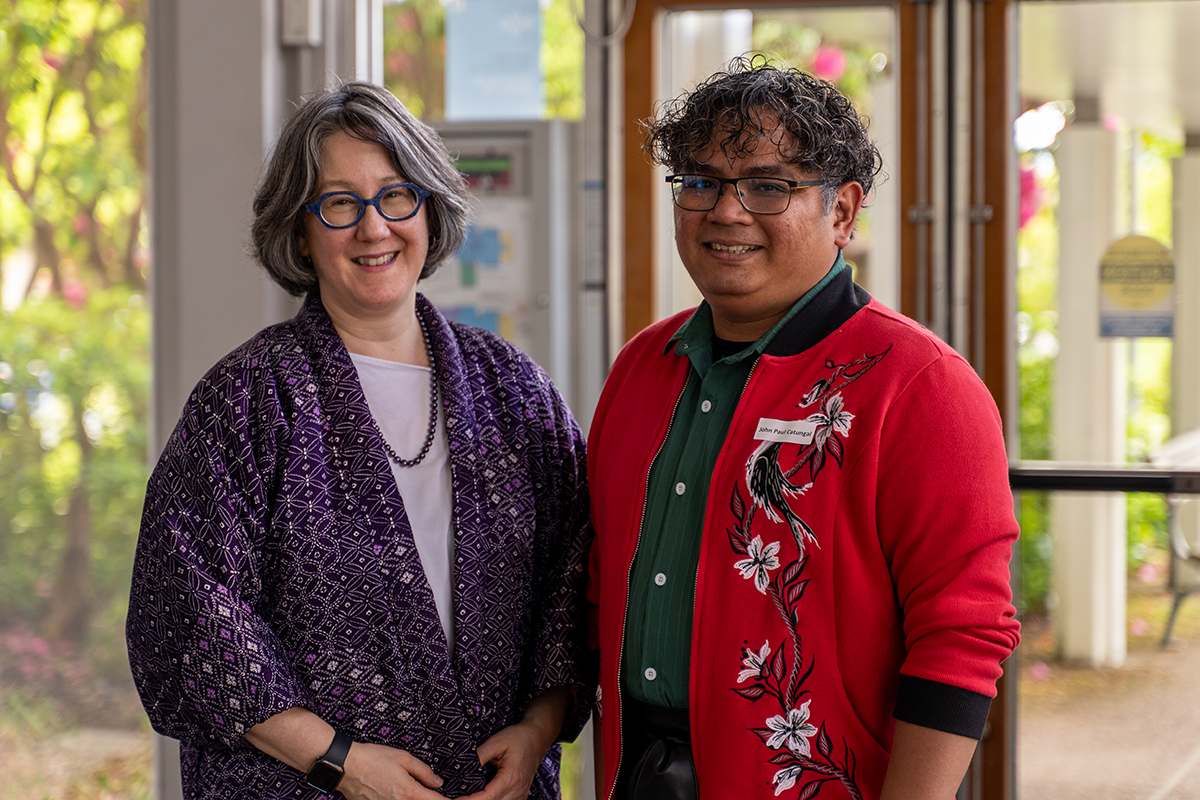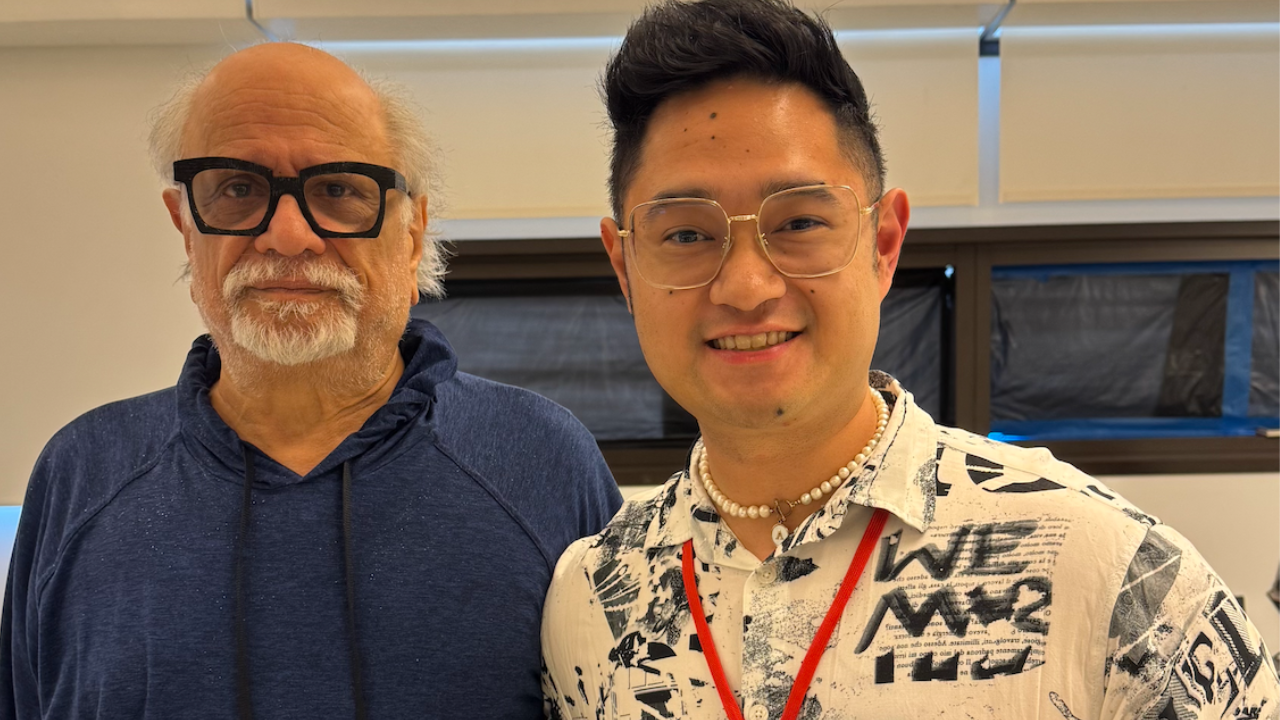

At a North Shore Women’s Centre Girls Empowerment Camp, Shoko Kitano overheard a girl say that because of the camp, she was able to say ‘no’ to a boy she was interested in who was pressuring her to do things she didn’t want to do sexually and otherwise. She could communicate about why she wasn’t comfortable – she had equipped herself with the knowledge and language to articulate what she was feeling and also to set boundaries. Shoko recounts this as one of the most rewarding moments in her work with the North Shore Women’s Centre.
The day camp is just one of the programs run by the North Shore Women’s Centre, and one of the programs with which Shoko works as the Development & Communications Coordinator.
The North Shore Women’s Centre works to improve the social, economic and political status of women, and to encourage and support self-empowerment by acting as a resource and a catalyst for change, from a feminist perspective.
Separation, divorce or abusive relationships may bring clients to the Centre. Many clients are recently immigrated women who aren’t adjusting or don’t know the community, or are single mothers. Others include self-identified transgendered individuals, often M to F, who face barriers to accessing resources as there are very limited places that they can access and where they feel safe. Mental health is another common reason why women come there. All programs at the Centre are free.
In the two week-long summer day camp, youth learn about body image, self-esteem, safety, boundary-setting, healthy/unhealthy relationships, and cyber bullying. Last year, the majority of camp participants were part of recently immigrated families.
Shoko’s story is a great example of the power of volunteering. She volunteered at the Centre while a student at UBC and when she graduated in 2010 she was hired in a full-time position as Resource Centre Coordinator. Recently she was promoted to having responsibility for communications and fundraising. In her communications function, she develops all of the centre’s nonprofit marketing, electronic and print communications materials.
“Being Resource Centre Coordinator was such a great first step, because I was talking to the women accessing the centre. I had opportunities to meet with so many amazing women, many with such challenging situations but they’re so resilient. They come from so many cultures, many immigrant women, and the challenges they face are significant, with different forms of discrimination.”
“In my current position, the best part is to be able to be bridge between what I hear about the direct experiences from women and then communicating this to the general public.”
Shoko attributes her major in Gender, Race, Sexuality and Social Justice (GRSJ) for directly preparing her for her career path.
“Everything that I learned at UBC through the courses, literally everything applies to what I do every day. It’s almost a point of view, it’s a shift that happens in your head, that it’s how you start seeing the world instead of what’s presented in front of you… critical thinking.”
“Pop culture back then was so big and that’s how I perceived the world, very superficially. Through the GRSJ experience you realize that what’s presented to you involves systematic discriminations and that’s a huge realization – moving away from the box and seeing beyond it. That was liberating.”
“I came from the point of view of dichotomy between victim and perpetrator. I probably would have perceived fleeing women as powerless victims, helpless, and that others must intervene and help them. Now, what I have learned from UBC is, I definitely feel that’s not the case. Women are the strongest, and most of them, they have done so many different things before they reach the point where they reach out and find some kind of help. They just need the tools or resources sometimes, but otherwise they’re individuals making their own decisions on their own terms.”
“You’re not stuck in that stereotype of helping women, supporting immigrant women, instead you are always critical of where you come from and how you see. That self-reflection that I learned at GRSJ – every day it’s just part of who I am.”
“There is just so much to tell, especially when I want to talk about women and girls’ experiences,” Shoko said. Their experiences are so complex.”
Shoko had one particularly resonant interaction with one Centre client. “She wasn’t aware of her rights as a worker and also was sexually harassed at her workplace. She was relatively young and wasn’t sure what she could do in that situation as he was her supervisor. We discussed what she could do to protect herself and how she could pursue the issues from that point. She came back a few days after and was quite happy with where things were – she had filed a complaint, going beyond the supervisor. She was able to articulate what was happening to the manager above the supervisor that it was a case of sexual harassment. And since it is a responsibility of a person in a management position to make sure that the work environment is free of harassment for everyone, it was taken seriously. Using the right terms and showing that you know your rights made a difference.
“Most rewardingly, she had another friend who was also being harassed, and she passed on her new knowledge and was very proud. She helped herself and also able helped her friend. Wow, that’s an awesome ripple effect.”


